Honor killings, enforced disappearances, arbitrary detentions, and political violence are just some of the words used to describe the police in Pakistan. These murders were not executed by some enraged mob but by the police—those responsible with enforcing the law and protecting the citizens of their country. The case is part of a broader pattern of violence where law enforcement weaponizes religion to justify brutal force, exposing the systemic flaws persisting in Pakistan’s policing since the colonial era. Police brutality is not an isolated issue; it is institutionally shaped by political, cultural, and economic forces that have fueled corruption, abuse of power, and impunity.
The historical roots of police brutality in Pakistan can be traced back to the colonial period, when the British used law enforcement as a tool to suppress uprisings against the government and maintain control. The colonial police system was inherently violent, built to protect the interests of the empire rather than the local population. After Pakistan’s independence in 1947, the legacy of this oppressive system was inherited by the new state, with little reform. Over time, Pakistan’s law enforcement system became a reflection of the broader political dynamics, often used to serve the interests of the ruling elite rather than the citizens. In this context, the police are not neutral enforcers of justice but agents of state power, often influenced by political and religious forces that prioritize control over justice.
The cultural context in which this brutality occurs is also crucial to understanding the problem. In Pakistan, religion is deeply intertwined with national identity, and accusations of blasphemy strike at the heart of this cultural fabric. The police, often influenced by societal and religious pressures, are not immune to the broader extremism that pervades the country. As a result, law enforcement officers sometimes see themselves as protectors of religious sanctity rather than neutral agents of justice. This cultural dynamic complicates efforts to reform the police force, as attempts to challenge the misuse of blasphemy laws face resistance from both religious groups and the broader public.
One of the clearest examples of this politicization is the role of blasphemy laws. This arbitrary term is legally defined as, “derogatory remarks, etc, in respect of the Holy Prophet [Muhammad] either spoken or written, or by visible representation, or by any imputation, innuendo or insinuation, directly or indirectly shall be punished with death, or imprisonment for life, and shall also be liable to fine.” Enshrined in the legal system under the pretext of protecting religious sanctity, these laws have been weaponized to silence dissent, settle personal disputes, and target religious minorities. Police brutality has become an extension of these laws, with officers acting as both enforcers of religious dogma and perpetrators of violence. The lack of accountability within the police force means that accusations of blasphemy, often vague and unsubstantiated, become a convenient excuse for officers to exercise unchecked authority. The killings of the two men accused of blasphemy are emblematic of this dangerous intersection of religious extremism and law enforcement. This confluence of religious sentiment and police brutality is exacerbated by deep structural flaws, such as political manipulation, inadequate training, corruption, and weaknesses in the judicial sphere, within Pakistan’s law enforcement agencies. Reports from organizations like Human Rights Watch and Amnesty International paint a grim picture of a police force marred by corruption, lack of training, and weak oversight. Torture, wrongful detention, and extrajudicial killings are commonplace, particularly for marginalized groups such as religious minorities and the poor. In this environment, accusations of blasphemy provide a legal veneer for violence, making it nearly impossible to hold police accountable. The state’s failure to address these systemic issues creates a culture of impunity, where officers can act without fear of repercussions, further entrenching the cycle of brutality.
Economically, the issue is further complicated by the fact that the victims of police brutality are often from marginalized and impoverished communities. Pakistan’s economic inequality means that the poor and disenfranchised are disproportionately affected by police violence. These individuals, lacking the resources to defend themselves or seek legal recourse, are often the most vulnerable to accusations of blasphemy and the ensuing brutality. The police— operating in a system where corruption is rampant—often target these communities because they are least likely to push back or seek justice. This economic dimension adds another layer to the problem, as those with wealth or political connections are less likely to face the same level of violence. The elite—afraid of backlash from religious groups—have consistently failed to address the misuse of blasphemy laws, allowing the police to act with impunity. Their citation of religion as a justification for violence also further extrapolates Islam in a world where the religion is already viewed as controversial. However, even though citizens are aware that the police are using this false excuse of religion to defend their actions, the unwillingness to confront religious extremism within the state apparatus ensures that the police will continue to operate in a climate where brutality is tolerated.
Every new story of the killing of civilians speaking freely, is a stark reminder of the dangerous path Pakistan is on if these issues are not addressed. Without serious reform of the police system, the misuse of religious sentiment will continue to justify violence, eroding public trust in law enforcement and deepening societal divisions. As Amnesty International and other human rights organizations have repeatedly emphasized, reform must address both the structural flaws within the police force and the broader political and religious dynamics that enable this violence. Training, oversight, and accountability mechanisms are essential, but so too is a reevaluation of Pakistan’s blasphemy laws and their role in perpetuating a culture of fear and brutality. At its core, the problem of police brutality in Pakistan is a legacy of colonial violence, sustained by political interests, cultural extremism, and economic inequality. The intertwining of religious extremism with state power has created a system where the police act as enforcers of violence rather than justice. Reforming this system is not just a matter of improving policing practices; it is about addressing the deeper structural and societal issues that have allowed this brutality to flourish. Without these changes, the cycle of violence will continue, and the hope for justice will remain elusive for many in Pakistan.
Image Source: The Guardian
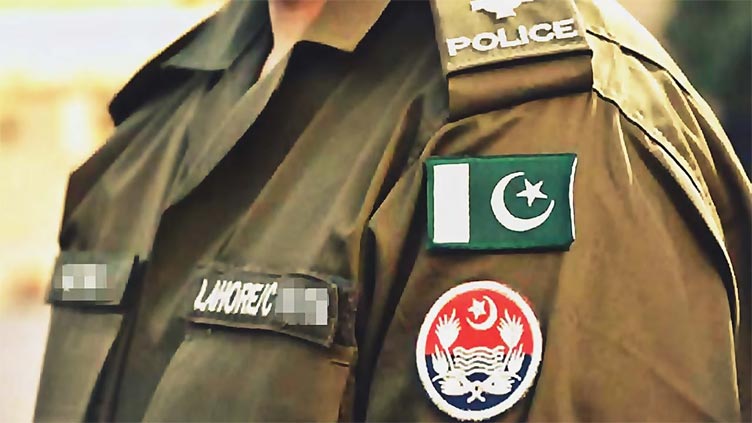
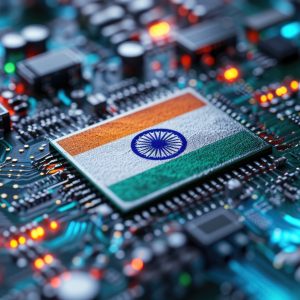
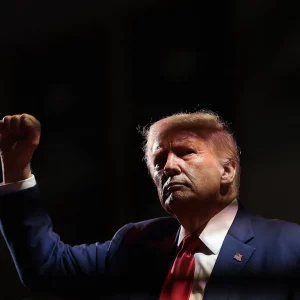
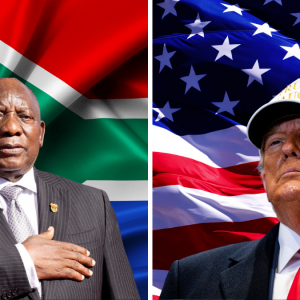
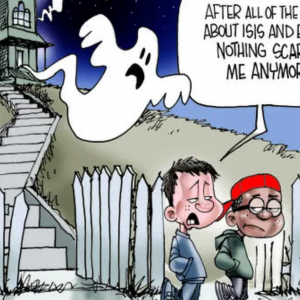

Comments are closed.